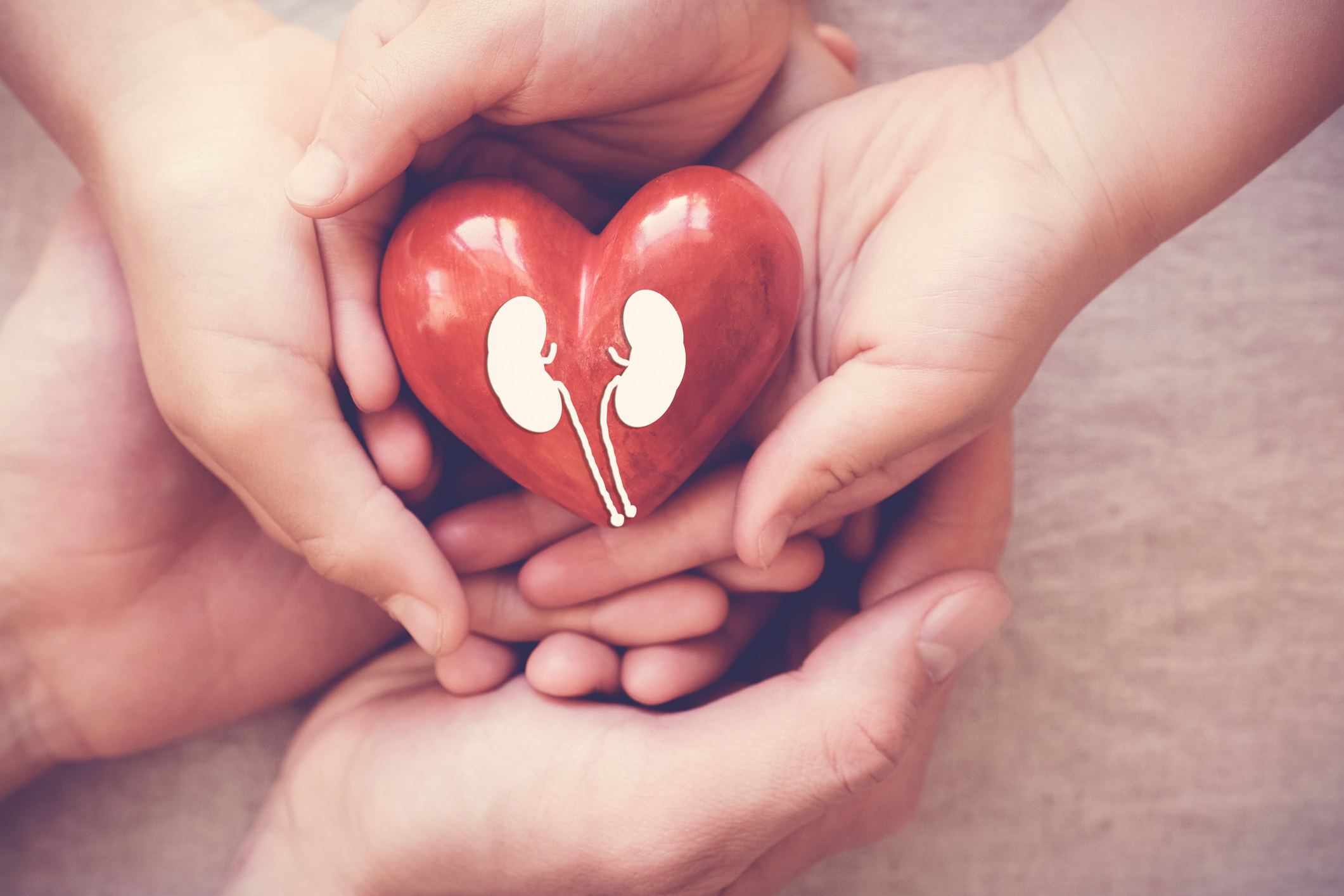The incidence of heart failure is rising, with many patients developing secondary kidney failure and vice versa.
Patients with both conditions, known as cardiorenal syndrome, have no effective treatment options other than to manage symptoms, but University of Queensland research has inspired a new treatment approach.
School of Biomedical Sciences Senior Lecturer Dr Niwanthi Rajapakse said the study used a mouse model that mimicked features of a patient with cardiorenal syndrome to understand the mechanisms driving the disease.

“We found that increasing the expression of a particular transporter, termed cationic amino acid transporter-1 (CAT-1), in cells lining blood vessels completely prevented heart failure induced kidney disease,” Dr Rajapakse said.
“We do know that in patients with heart failure this particular transporter is impaired.
“We are now in a position to either look for pharmacological agents, or a lifestyle or dietary intervention which can target this transporter.
“The next step is to find a way to target this transporter so we can increase the clinical translation of these findings.”
The prevalence of heart failure is increasing due to the aging population and an increase in diabetes, obesity and hypertension.
“For patients with heart failure, even a small decline in kidney function could increase hospital admission rates and mortality rate,” Dr Rajapakse said.
“That’s why it is vital to continue research in this field.”
The research was conducted in collaboration with the Baker Heart and Diabetes Institute and is published in Clinical Science [DOI 10.1042/CS20201319].
A commentary on the paper published in Clinical Science has highlighted how Dr Rajapakse’s research has provided a better understanding of the molecular pathways involved in the development and progression of cardiorenal syndrome.
Media: Dr Niwanthi Rajapakse, n.rajapakse@uq.edu.au, 3365 2402; Faculty of Medicine Communications, med.media@uq.edu.au, 3365 5118, 0436 368 746.



